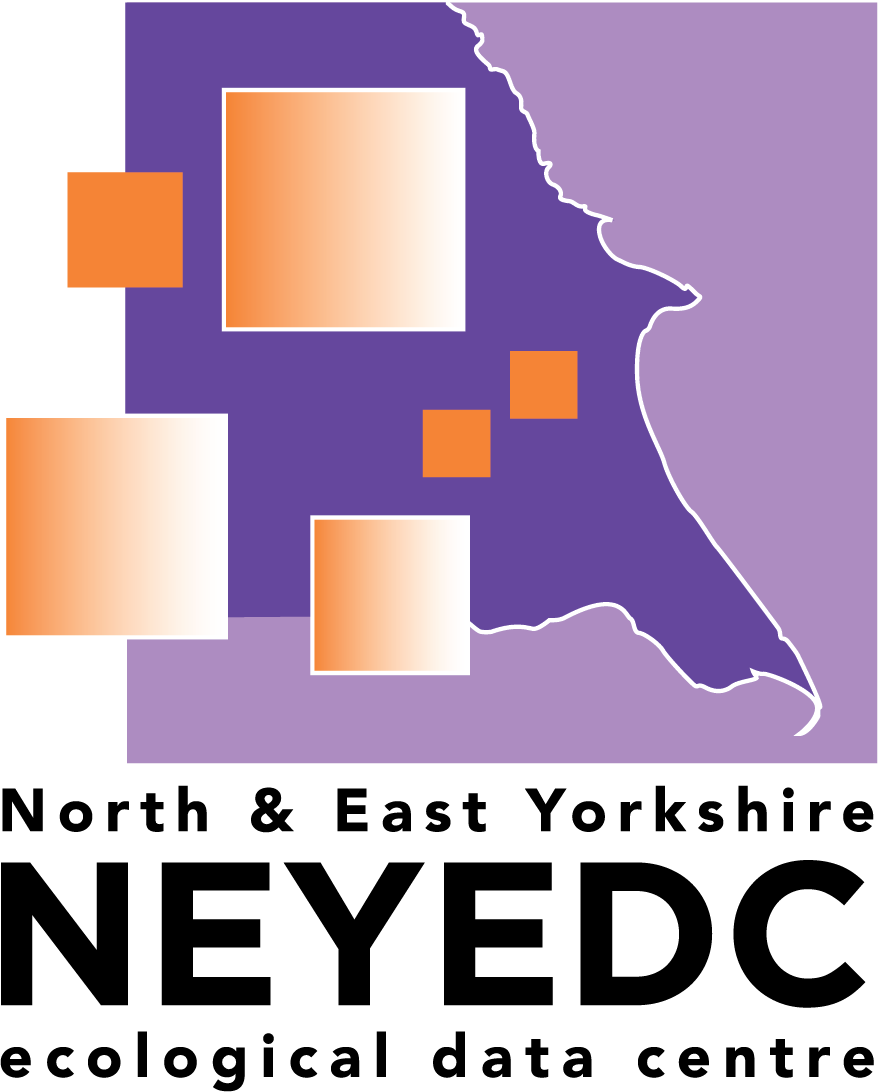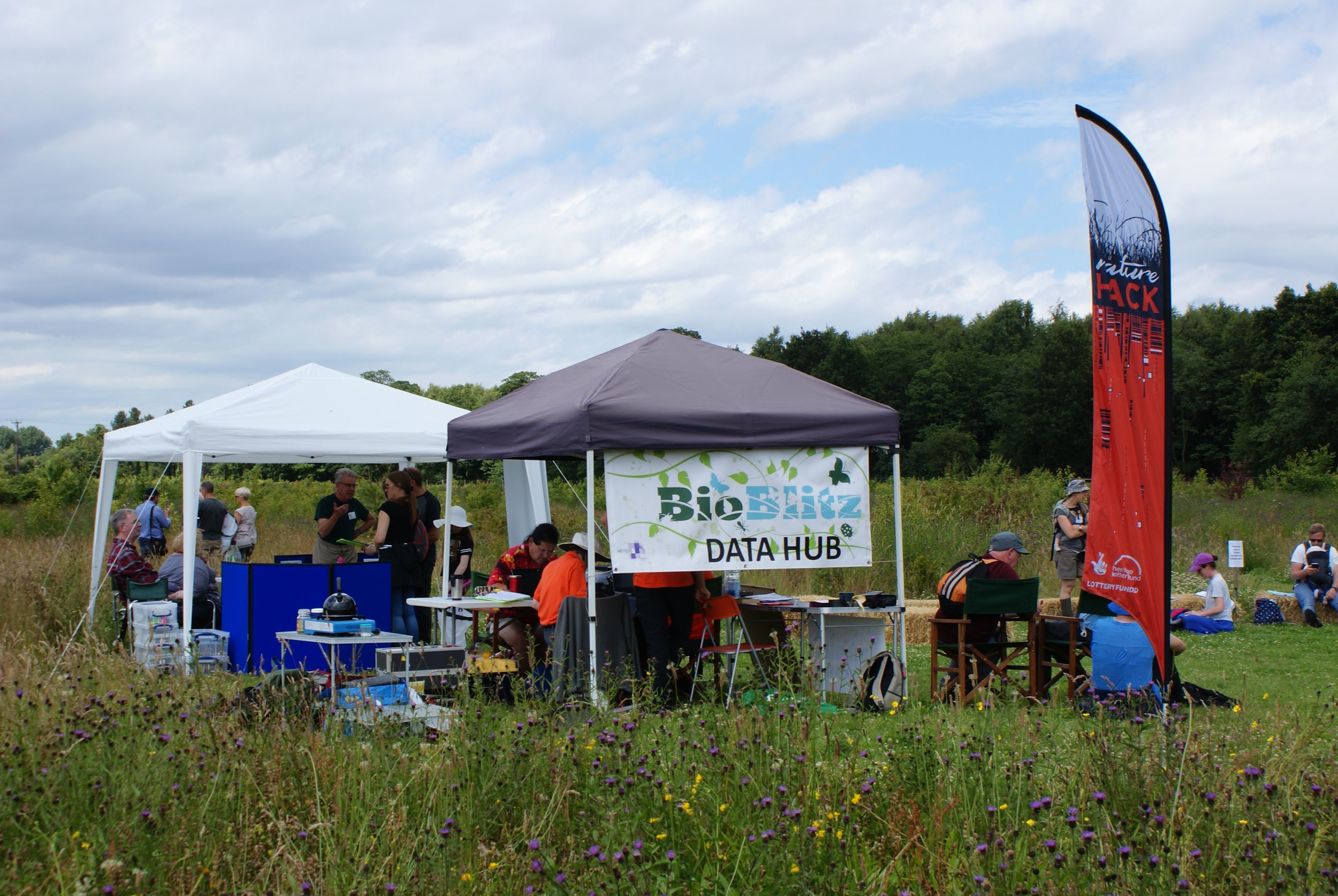NEYEDC – ‘an ALERC accredited LERC’
Have you seen the title of this blog piece on the footers of NEYEDC staff emails and wondered what it means, both for NEYEDC as a Local Environmental Records Centre, but also for you as one of our partners, clients or data providers? This blog piece will hopefully go some way to answering that question.
Who are ALERC?
The Association of Local Environmental Records Centres, or ALERC, is the membership organisation representing and promoting all Local Environmental Records Centres (LERCs) in the UK, normally at the national level. NEYEDC is proud to have been an ALERC member since its inception in 2009, with staff member Mark Wills being elected as one of its directors from the start, a role which he still holds along with company treasurer.
Background to ALERC accreditation
As well as representing LERCs nationally, in 2011 ALERC developed an accreditation system, based on a set of 20 criteria, under the three broad categories of ‘Organisational Fundamentals’, ‘Data Custodianship’ and ‘Products and Services’, against which LERCs can be assessed every five years. The intention for ALERC accreditation is to, “[build] confidence in LERCs as bodies which hold biodiversity information in trust for society and that they manage public resources well, as well as ensuring that data providers and users alike have confidence in LERCs individually and collectively”. It does this by:
· Providing a set of objective criteria against which LERC operation can be assessed to demonstrate that it is effective and efficient;
· Outlining core levels of products and services that LERCs should provide to assist key users;
· Ensuring the LERC is actively working with data holders to improve the availability and quality of data; and
· Acting as a mechanism for continual improvement in LERCs.
NEYEDC’s accreditation journey
A success story! NEYEDC staff doubling in size from 2021 to 2024
Following the successful completion of two pilot LERC accreditations nationally in 2011, NEYEDC put itself forward as the first LERC to be examined outside the pilot scheme. It was felt that not only was accreditation important to assure our clients, partners, and data donors that NEYEDC meets national standards in its governance, conduct, and delivery of products and services, but it would also inform the Strategic Plan of our governing body, the Yorkshire and Humber Ecological Data Trust (YHEDT). As well as identifying areas for improvement, it has also been a way for NEYEDC to look back at past achievements that may otherwise have been missed or forgotten.
Accreditation 2013
It took a lot of time, effort and dedication to pull together existing evidence and make internal improvements to become an accredited LERC, but in February 2013, a year after we started the process, NEYEDC was awarded its accreditation. Some criteria were fairly easy to achieve. For example, criteria within the Products and Services category, or criterion 13 ‘In its custodianship responsibilities, the LERC observes the Data Exchange Principles of the NBN.’ as these cover the core functions of an LERC. Others, like documenting procedures for all routines processes, were more of a challenge! However, overall, the experience was a positive one - it meant that the organisation, and YHEDT as the governing body, critically looked at its policies, procedures and how it engaged with stakeholders. This laid the foundations for future development and improvement over the next five years.
Criterion 11: ‘The LERC manages species and habitat data for its area’
Re-accreditation 2018
Criterion 8: ‘The LERC proactively engages with its users and providers’
Surprisingly, five years came round quite fast! Re-accreditation needed to be looked at; had NEYEDC improved in the areas it had hoped, and those that were part of its Strategic Plan? In short, yes we had! The process in 2018 highlighted improvements to the way we report back to partners, our success in establishing our first data sharing agreements with neighbouring LERCs and, crucially, the widening of our engagement with different stakeholder groups, through public events and working more closely with the Yorkshire Naturalists’ Union. These improvements would continue into the next round of accreditation, as NEYEDC had just secured National Lottery Heritage Fund money for our NatureHack project. The re-accreditation process was much less onerous, with NEYEDC only needing to pull together new and updated evidence, not writing a report that explained how each criterion was met. This resulted in providing new evidence to ALERC in 14 out of the 20 criteria.
Re-accreditation 2024
Now we find ourselves near the start of 2024, with our second re-accreditation about to be submitted. Recruitment of new staff to NEYEDC has delayed the process slightly, but this year’s accreditation , is now better aligned with YHEDT’s Strategic Plan. The documents prepared this time showcase continued development in recording processes and reporting to stakeholders, but also highlights the recent improvements in how we serve ecological data to our clients through eMapper. The latter has taken almost the entire 5-year cycle to complete, with much work going on behind the scenes to improve and increase the ecological information provided. This time, 12 out of the 20 criteria have new supporting evidence to present to ALERC.
So, in answer to the opening question, hopefully you can see that ALERC accreditation lies at the heart of what NEYEDC provides to its partners, clients and data providers, and the driver behind us striving to continually improve the products, services and expertise we offer.
Criterion 16: ‘The LERC offers a basic suite of products and services to its users’





